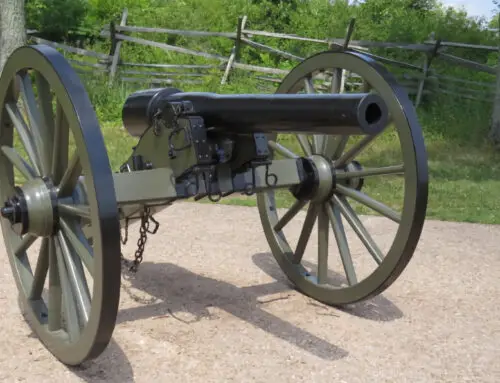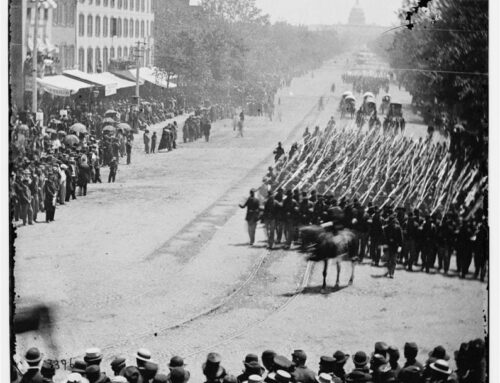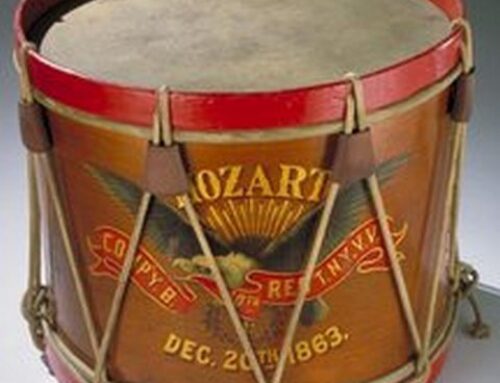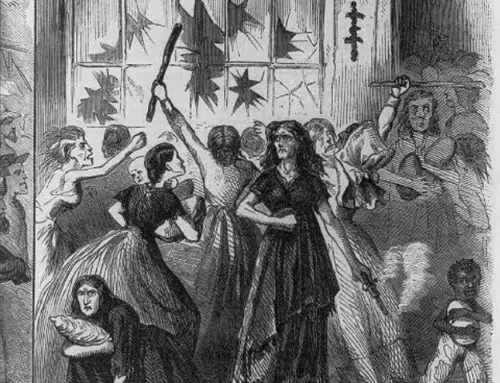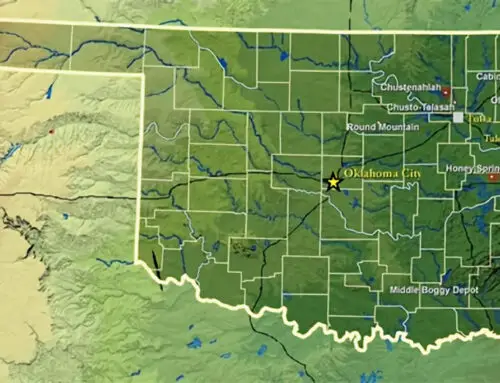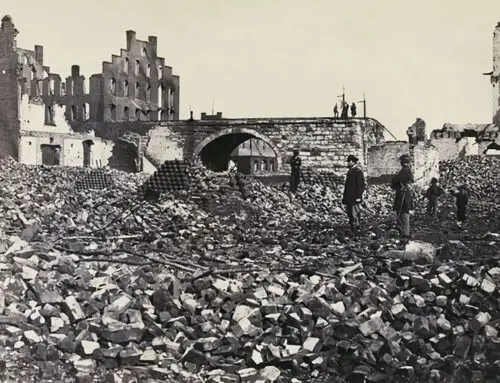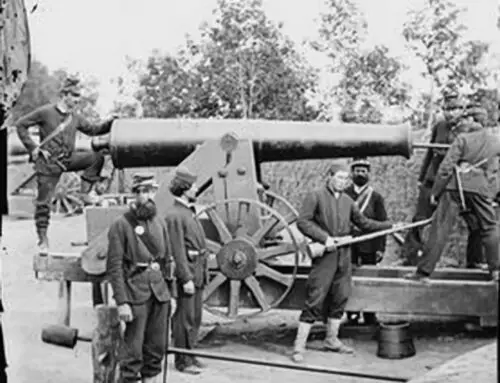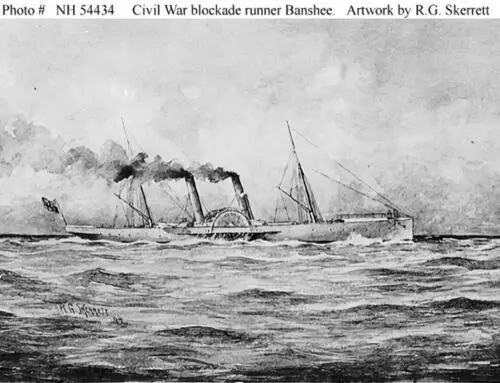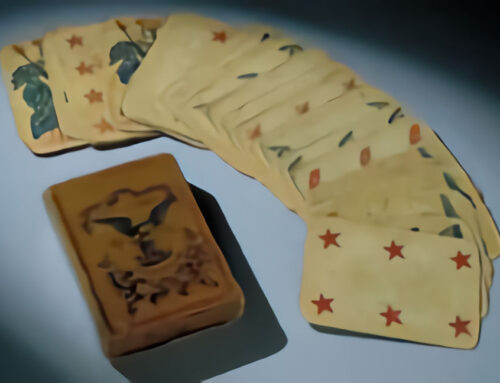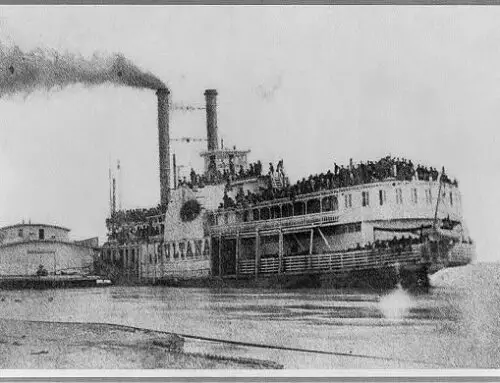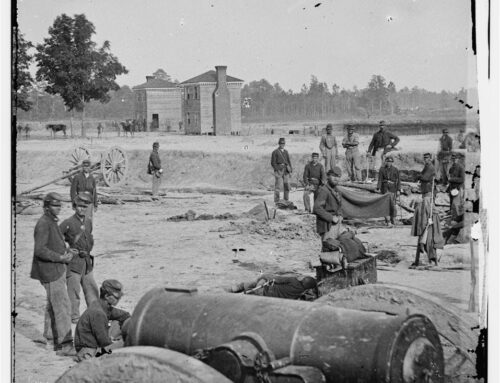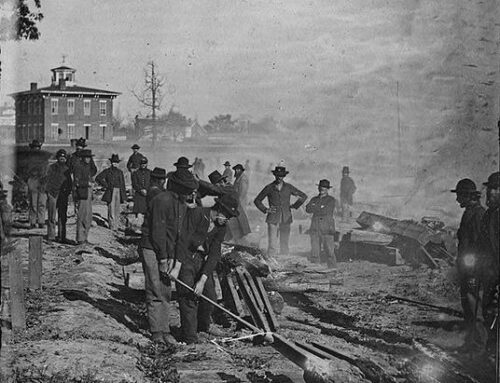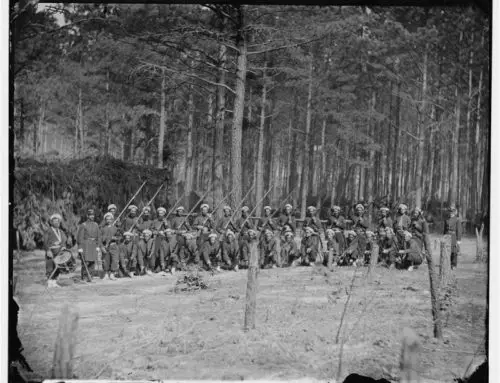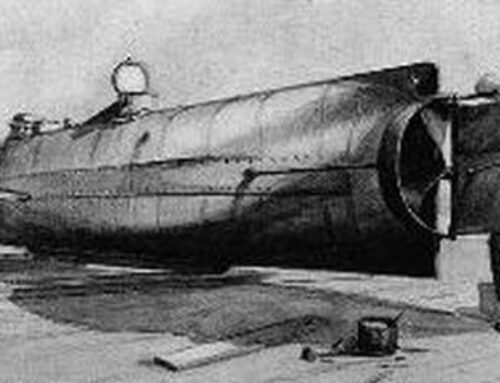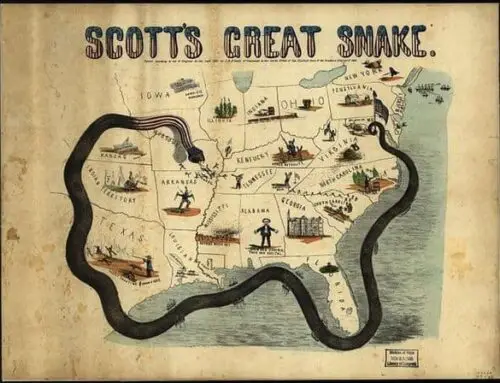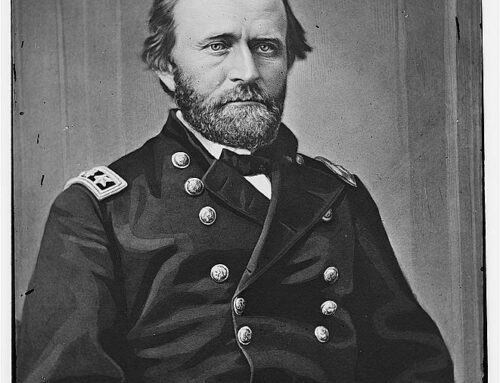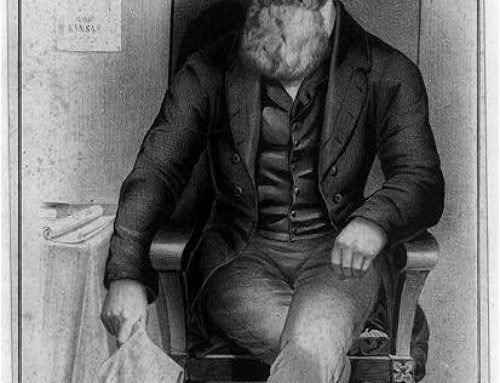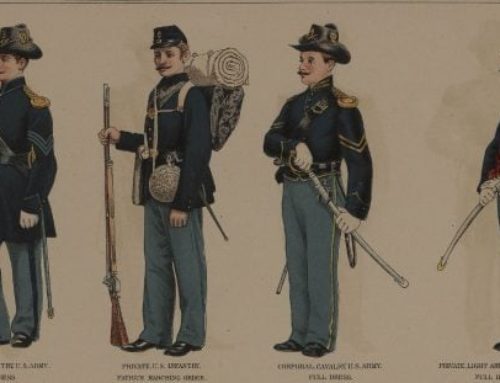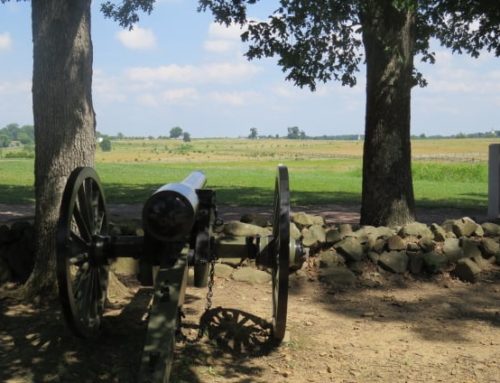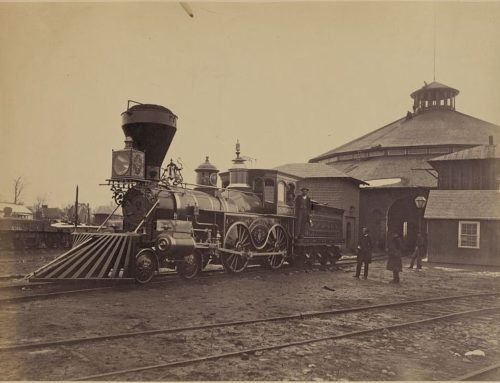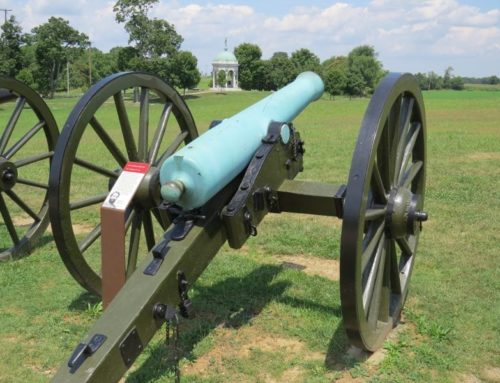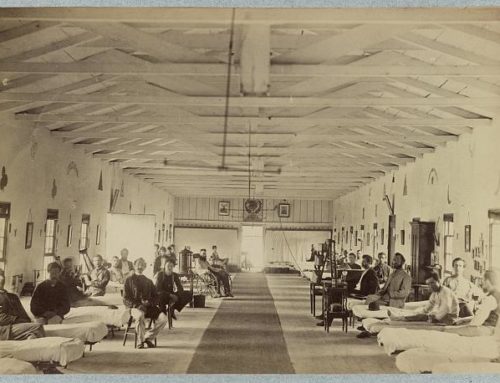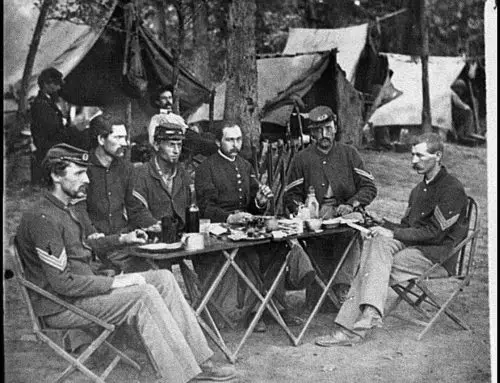(1817-1872)
As Stonewall Jackson’s successor, Richard Ewell was no replacement for the superior Stonewall. Ewell lost his leg in battle and was considered to be a mild disappointment throughout his military career. To say that his best moment of the Civil war was in a losing cause would be correct.
The Battle of Gettysburg proved to be the example of what went wrong in General Ewell’s career, missed opportunity. His leadership was full of those but the Gettysburg drama would showcase this blaring defect.
Graduating from West Point in 1840, Richard Ewell saw his first major action of the Civil War at The Battle of The 1st Bull Run. He commanded a division under Jackson in the Shenandoah Valley Campaign but was accused of complaining by Jackson over being left in the dark over battle plans. Jackson was not the type of leader who felt it necessary to indulge his men what his plans were only to effectively carry them out.
After Bull Run Ewell commanded a division at both the Seven Days Battle and Cedar Mountain before losing the previously mentioned leg at Bull Run. After a brutal and long recovery, Ewell was sent by Jackson to assist in the command of Jackson’s old corps, it was a decision that would haunt Stonewall for quite some time.
It seems that Ewell was great at leading a smaller more compact unit but when he was given the opportunity to lead an entire army he showed his weakness.
General Ewell took command of General Stonewall Jackson’s corps after Jackson was accidentally shot by his own troops during the battle of Chancellorsville in 1862. Jackson died from his wounds soon after.
General Ewell failed at Gettysburg. He had ample chances at driving a division of Union soldiers to the end of the line, but failed again. His critics would fall back on the actions that Ewell displayed at Gettysburg and cement this into his career.
The remainder of General Ewell’s career did not involve anything spectacular. At The Battle of the Wilderness Ewell once again proved feeble in his tactical order. One more chance, one more near massacre. The debacle at Spotsylvania proved too much for the embattled General Ewell and he received his walking orders later in 1865.
Ewell went back into civilian life after his release from Fort Warren and spent the rest of his days “messing up” the orders from his wife. It must have been hard for “Old Baldy” to sit on the porch in Spring Hill, Tennessee recalling the days that he could not fully and competently lead an organization of soldiers in battle. General Ewell passed in 1872, after a long-bout with an illness.


